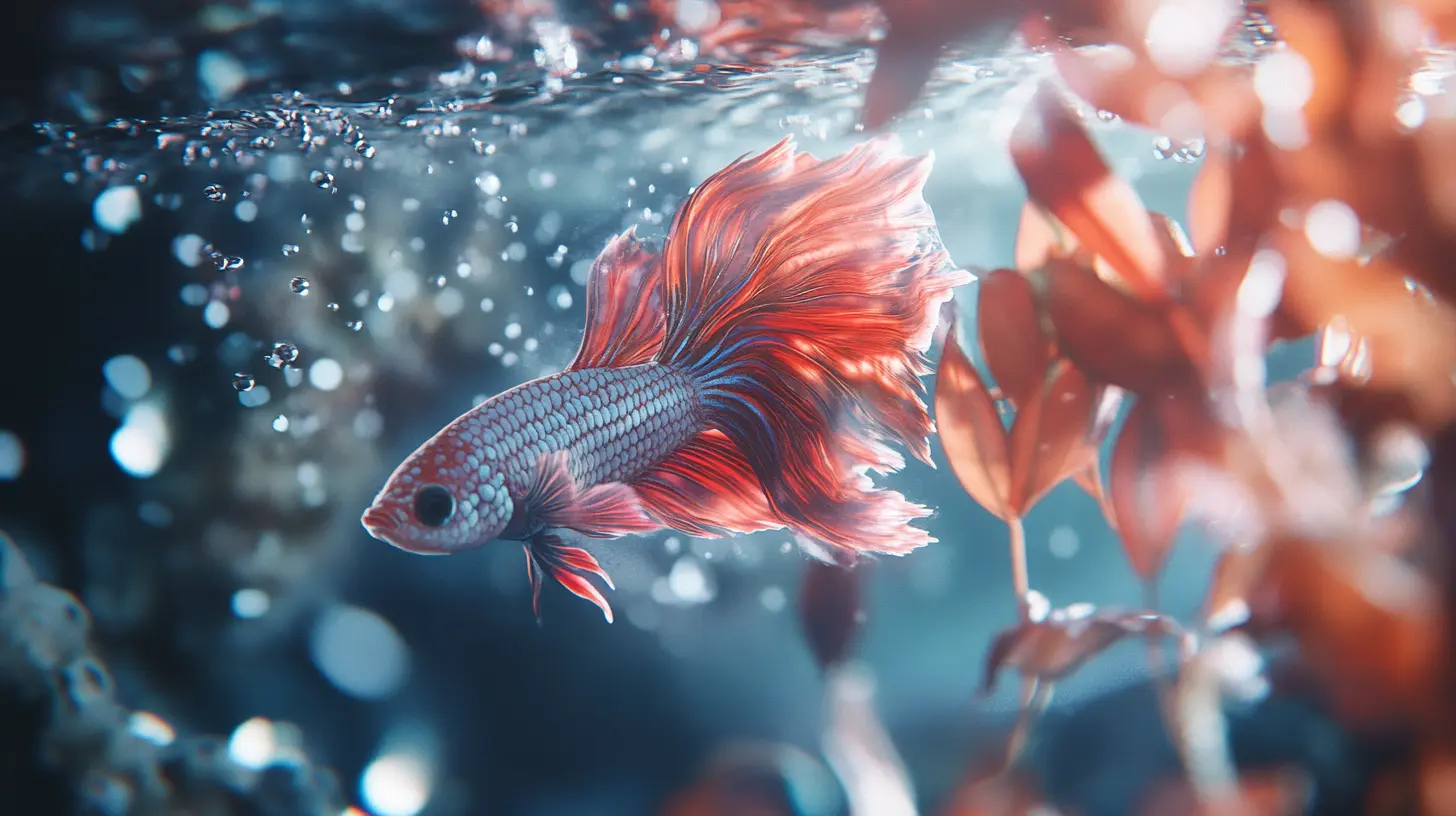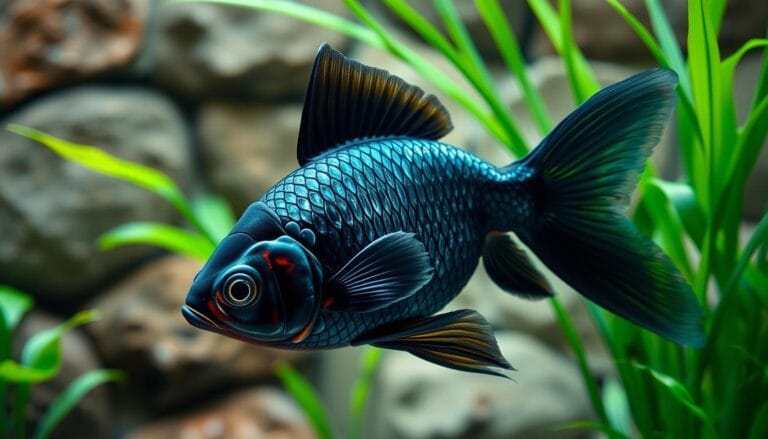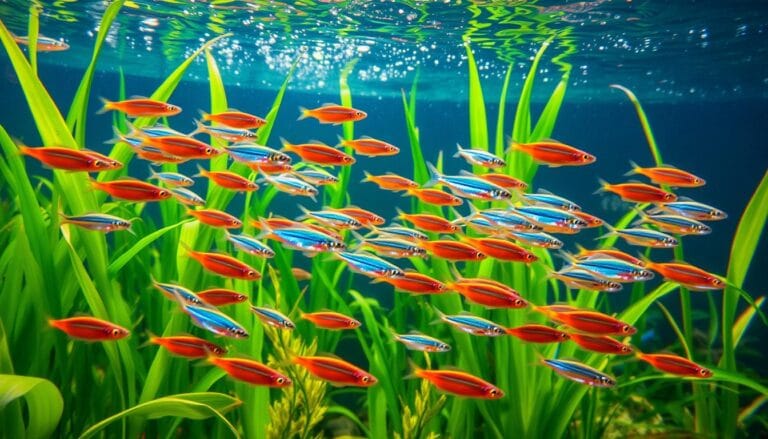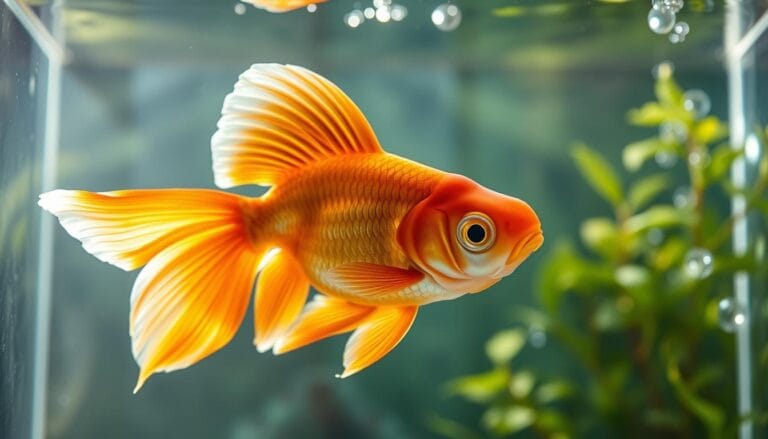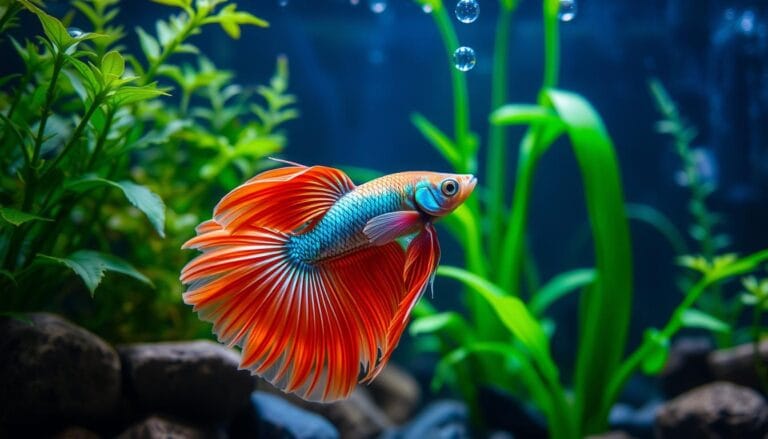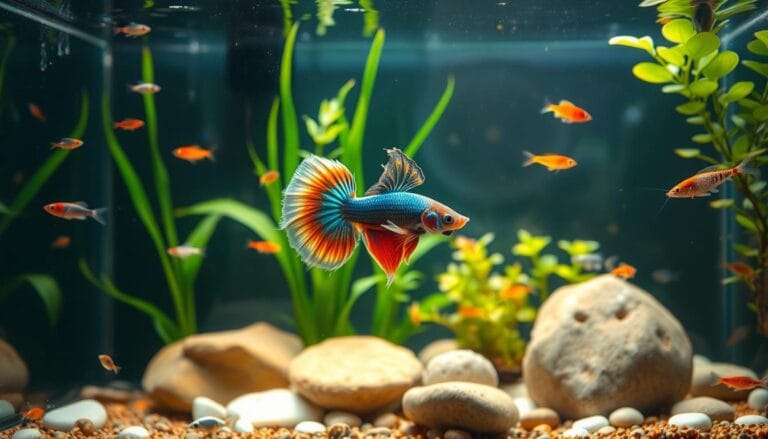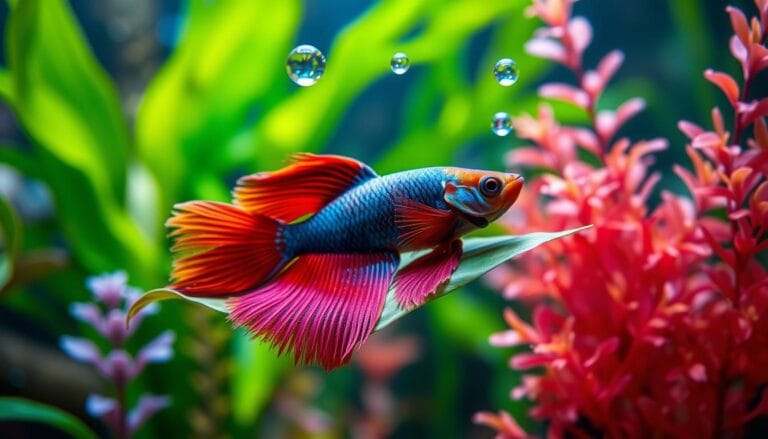How Often to Feed Betta Fish: Best Schedule for Health
Feeding your betta fish might seem straightforward, but it’s an essential aspect of keeping them happy and healthy. Understanding how often to feed betta fish can prevent common health issues like bloating and keep your pet vibrant and full of energy. Bettas rely on you to provide the right balance of nutrition, portion sizes, and a proper feeding schedule to maintain their health.
This guide will cover not only how often should you feed a betta fish but also important details like what do betta fish eat, how much to feed betta fish, and common betta feeding mistakes to avoid. Whether you’re a newbie or an experienced fishkeeper, mastering these basics will make all the difference in your fish’s long-term well-being.
Table of Contents
Why Feeding Frequency Matters
How often should you feed a betta fish? This question is crucial for new caretakers looking to maintain their fish’s health and happiness. Feeding frequency directly affects digestion, energy levels, and overall well-being.
Too much food, too often, can lead to bloating or swim bladder disease, while feeding too little can cause weight loss and lethargy. Establishing a balanced routine ensures your betta gets just the right amount of nourishment. Besides helping them stay active, a healthy feeding schedule enhances their vibrant colors and keeps their immune systems strong.
Feeding your betta isn’t just a mundane task—it’s an opportunity to bond and keep them thriving!
Ideal Feeding Schedule for Betta Fish
Betta fish thrive on consistency, and the perfect feeding schedule includes small meals twice a day. Spacing meals roughly 10 to 12 hours apart helps with digestion and prevents overfeeding.
Example Feeding Schedule:
- Morning Feeding (8–10 a.m.): Offer 2–3 high-protein pellets to start the day.
- Evening Feeding (6–8 p.m.): Provide another small portion of pellets or a tasty treat like bloodworms or brine shrimp.
Fasting Benefits
Including a fasting day once a week may seem odd, but it’s incredibly beneficial. Skipping one day of feeding allows your betta’s digestive system to clear itself, reducing the risk of bloating and digestive distress.
Tips for Staying Consistent:
- Feed your betta at the same times each day to establish a reliable routine.
- Watch how much food ends up uneaten—this is a key sign that you might be overfeeding.
- Always remove leftover food from the tank within a few minutes to maintain water clarity.
By committing to a regular feeding schedule, you’ll set your betta on the path to an active, happy life.
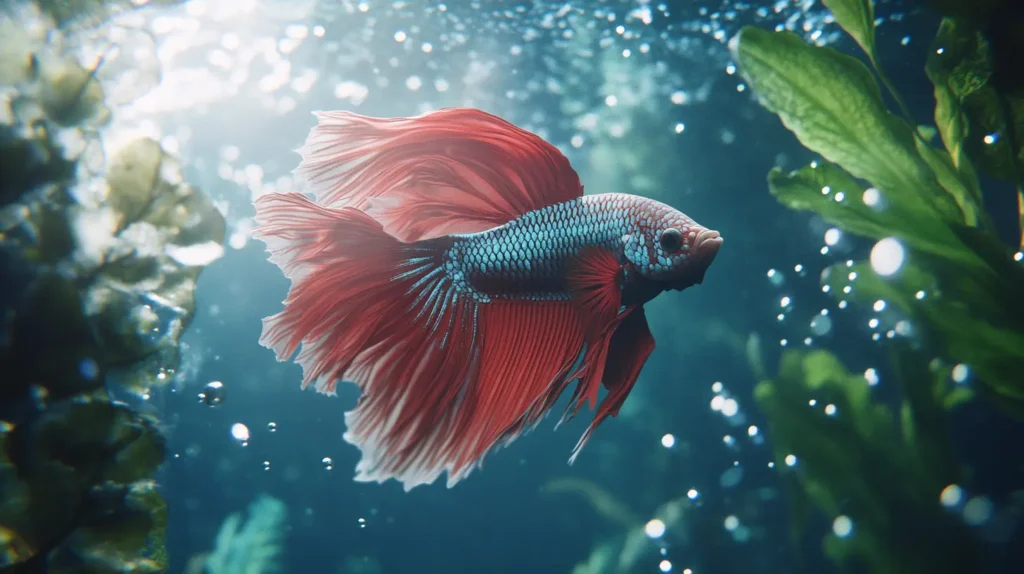
How Often to Feed Betta Fish? Understanding Their Dietary Needs
To keep your betta healthy, you need a clear understanding of what do betta fish eat. Bettas are carnivores in their natural habitats, snacking on insects, larvae, and other animal-based foods. To mimic this diet in your home aquarium, prioritize high-protein options that provide the nutrients bettas need to thrive.
Types of Betta Fish Foods
Not all fish foods are suitable for bettas. Here are the best types of foods for your betta feeding routine, as well as options to avoid.
High-Quality Pellets (Best for Daily Feeding)
Pellets designed specifically for bettas are an excellent choice for daily feeding. Packed with protein and essential nutrients, high-quality pellets are easy to measure and won’t cloud your tank water.
Frozen or Freeze-Dried Foods
To add variety and excitement to your betta feeding routine, include items like:
- Bloodworms: A nutritious treat they’ll love.
- Brine Shrimp: A great source of protein for occasional meals.
- Daphnia: A natural aid for digestion and a fun change from regular pellets.
Live Foods (For Occasional Treats)
Offering live foods like mosquito larvae or brine shrimp can help mimic their wild diet. However, only use them sparingly to avoid overeating or contaminating your tank.
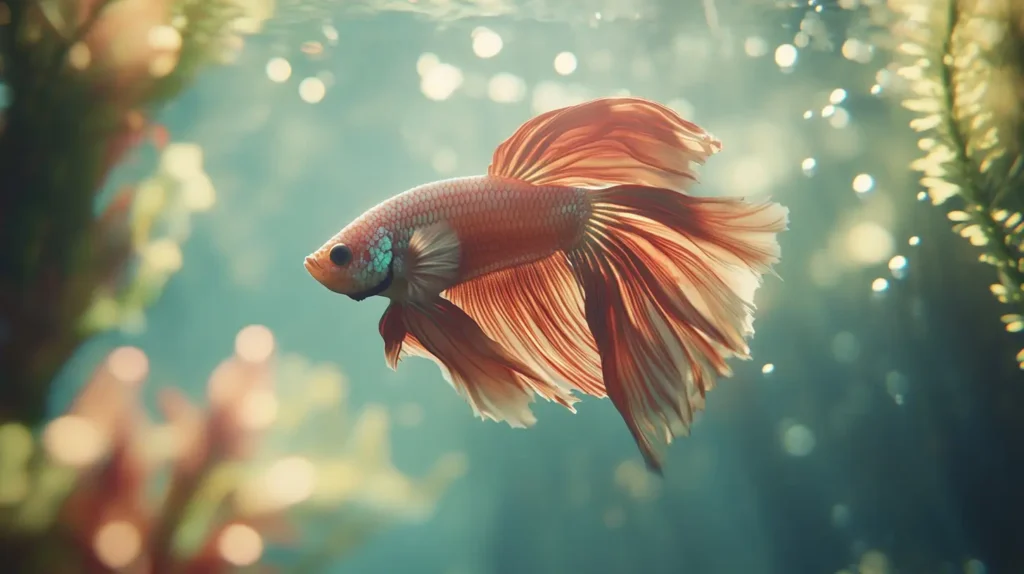
Foods to Avoid
- Bread, crackers, or any human snacks.
- Generic tropical fish flakes (low in protein and not suitable for bettas).
- Leftover or stale fish food that has lost its nutritional value.
Feeding your betta the right foods makes all the difference. Stick to high-protein options, and your fish will reward you with stunning colors and playful behavior.
How Much to Feed Betta Fish Per Meal
Knowing how much to feed betta fish is just as important as knowing how often to feed them. Bettas have tiny stomachs, about the size of their eyes, so small portions are crucial for their overall health.
Portion Size Guide
Here’s a simple breakdown of appropriate portion sizes for various types of food:
- Pellets: 2–3 high-quality pellets per meal. Adjust based on pellet size—smaller pellets may require 4.
- Frozen/Fresh Foods: The equivalent of one pellet in size. For example, 2 small bloodworms or one small piece of brine shrimp.
Effects of Overfeeding and Underfeeding
Dangers of Overfeeding
- Bloating: Bettas are prone to bloating and constipation when overfed.
- Swim Bladder Disease: Overeating affects buoyancy, causing your betta to have trouble swimming.
- Dirty Tank Water: Leftover food deteriorates quickly and can lower water quality, stressing your fish.
Risks of Underfeeding
- Weight Loss: Your betta might look thin or frail.
- Low Energy Levels: Lethargy and disinterest in their environment are clear red flags.
The best approach? Always feed small, measured portions, and remember that it’s better to slightly underfeed than to overdo it.
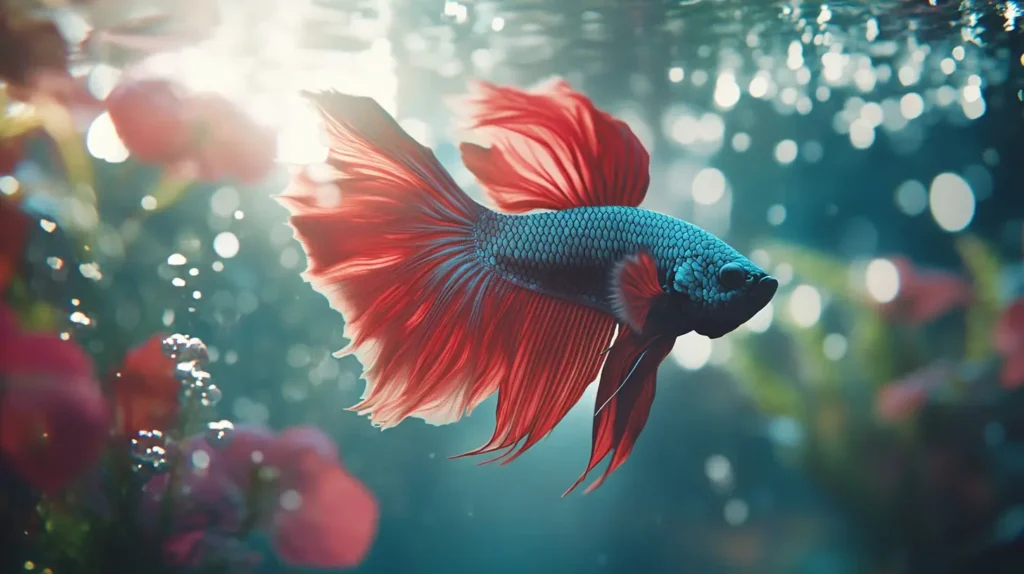
Common Feeding Mistakes to Avoid
Even experienced fish keepers can make mistakes. Avoiding these common pitfalls will ensure your betta is happy, healthy, and well-fed.
Overfeeding Your Betta
It’s easy to overfeed bettas—they’ll often act hungry even when they’re not. Be mindful of portion sizes and stick to what your fish can eat in just a few minutes.
Ignoring Fasting Days
Skipping fasting days is a mistake many new betta owners make. Without occasional fasting, your fish is more prone to digestive problems. Make fasting once a week a key part of your betta feeding plan.
Choosing the Wrong Foods
Bettas require specific dietary options to stay healthy. Offering inappropriate foods like processed snacks or generic flakes does more harm than good. Stick to trusted options like pellets, freeze-dried treats, and occasional live foods.
Best Practices for Betta Feeding Routines
A well-thought-out betta feeding plan isn’t just about food—it’s about improving their overall quality of life.
Using the Right Tools for Feeding
- Feeding Rings: Keep food contained in one area for easy cleanup.
- Portion Control Tools: Scoops and measuring tools help you avoid overfeeding.
- Timers: Set daily reminders to keep your feeding schedule on track.
Adjusting Schedules Based on Betta Needs
Individual bettas may have different needs. Younger, more active fish may need slightly more food, while older, less active ones require less. Keep an eye on their behavior and adjust their feeding schedule as necessary.
FAQs About Feeding Betta Fish
How Often Should You Feed a Betta Fish?
The ideal frequency is twice a day—once in the morning and once in the evening.
Can Bettas Overeat?
Yes, bettas can overeat, which can lead to problems like bloating, constipation, and swim bladder disease. Avoid this by sticking to small portions.
What to Do If Your Betta Won’t Eat
If your betta stops eating, check the tank’s water temperature (should be between 76–81°F). Experiment with different foods like live brine shrimp or bloodworms to reignite their appetite.
Final Words on Betta Feeding
Summary of Key Feeding Tips
- Feed your betta small meals twice a day.
- Include high-protein foods like pellets and occasional treats like bloodworms.
- Allow a fasting day once a week to promote better digestion.
Encouragement for Betta Owners
Feeding your betta correctly is one of the best ways to ensure they lead a happy and healthy life. By following these guidelines, you’ll create a routine that supports their unique dietary needs while preventing common issues. Make feeding time a joyful part of your interaction with your betta—they’ll love you for it!
Take the plunge today and give your betta the care they deserve. Start fine-tuning your feeding routine and enjoy the rewarding experience of raising a healthy, thriving betta fish.
There are no reviews yet. Be the first one to write one.

